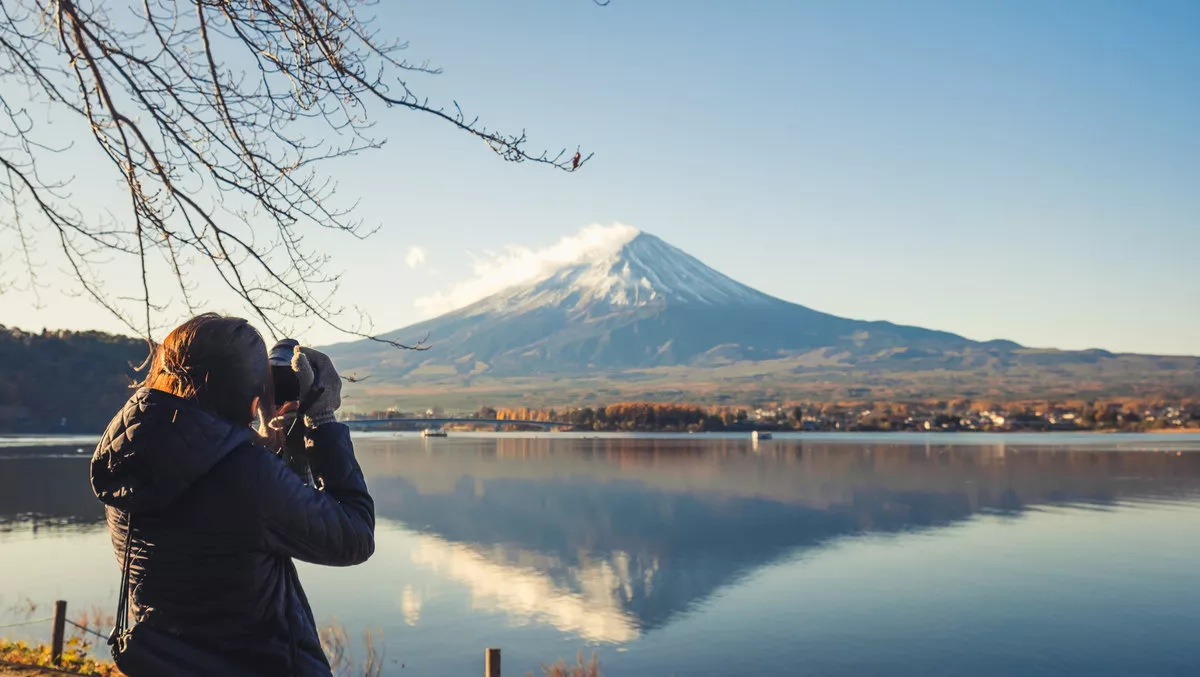
Travel photos on Flickr hint at people's global travel patterns
What can millions of travel pics on photo-sharing site Flickr help researchers understand about people's travelling patterns? It turns out the answer is quite a lot, according to research from the UK's Warwick Business School and the Alan Turing Institute.
Researchers analysed 69 million public photos on Flickr in order to estimates global tourism statistics for countries including Japan, Italy, the United Kingdom, France, Germany, Canada, and the United States.
These countries are known as the G7 countries, and they generally use airport data, hotel data and accommodation data to calculate tourist numbers – but there's often a delay in publication.
The researchers believed online data, such as photos on Flickr, may have a quicker answer.
"We analysed data on where and when 69 million Flickr photos had been taken over a period of two years [between 2013 and 2014]. To work out where visitors to the UK were from, we identified photos that had been taken in the UK, and then looked at where the photographer had taken photos over the past 12 months," explains Warwick Business School's Tobias Preis.
"We had to make a big simplifying assumption about where people were between photos: namely, that they'd stayed in the same country since the last photo. However, even with this big simplification, we found that estimates of the number of travellers from different countries generated from the online photo data were correlated with the official tourism statistics. The same holds for the other G7 countries.
So it seems that crowdsourced data is similar to official statistics but as with all research, more work needs to be done before it can be considered worthy of being included in official tourism statistics.
"Policymakers need quick, accurate information to make good decisions, especially in times of great change. Traditional approaches to measuring the state of our society can be time-consuming as well as expensive, and so the possibility of generating rapid, low-cost indicators from online data is very exciting," say Warwick Business School's Suzy Moat.
"However, a robust framework would be needed to utilise these insights in practice, to deal with challenges such as bias in the online data, whether access to the online data could be relied upon, and how to calculate and communicate how certain we can be about the estimates we make.
The research was compiled in a paper called Sensing global tourism numbers with millions of publicly shared online photographs.


